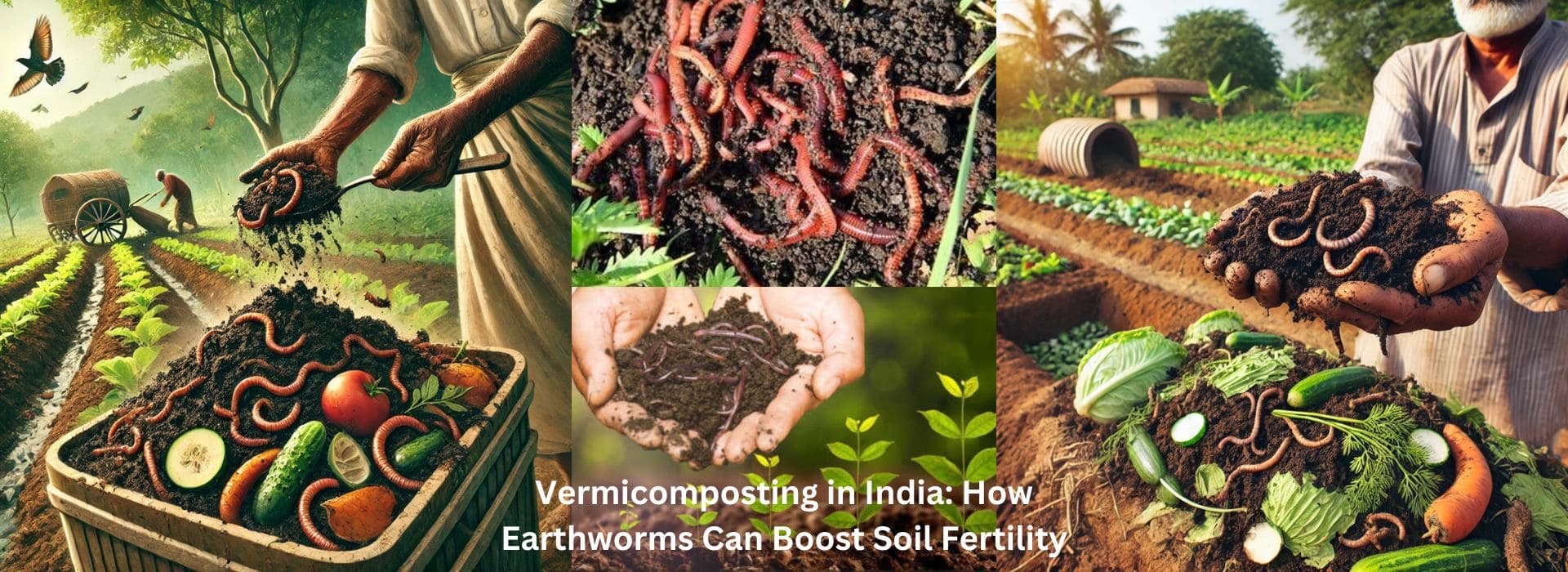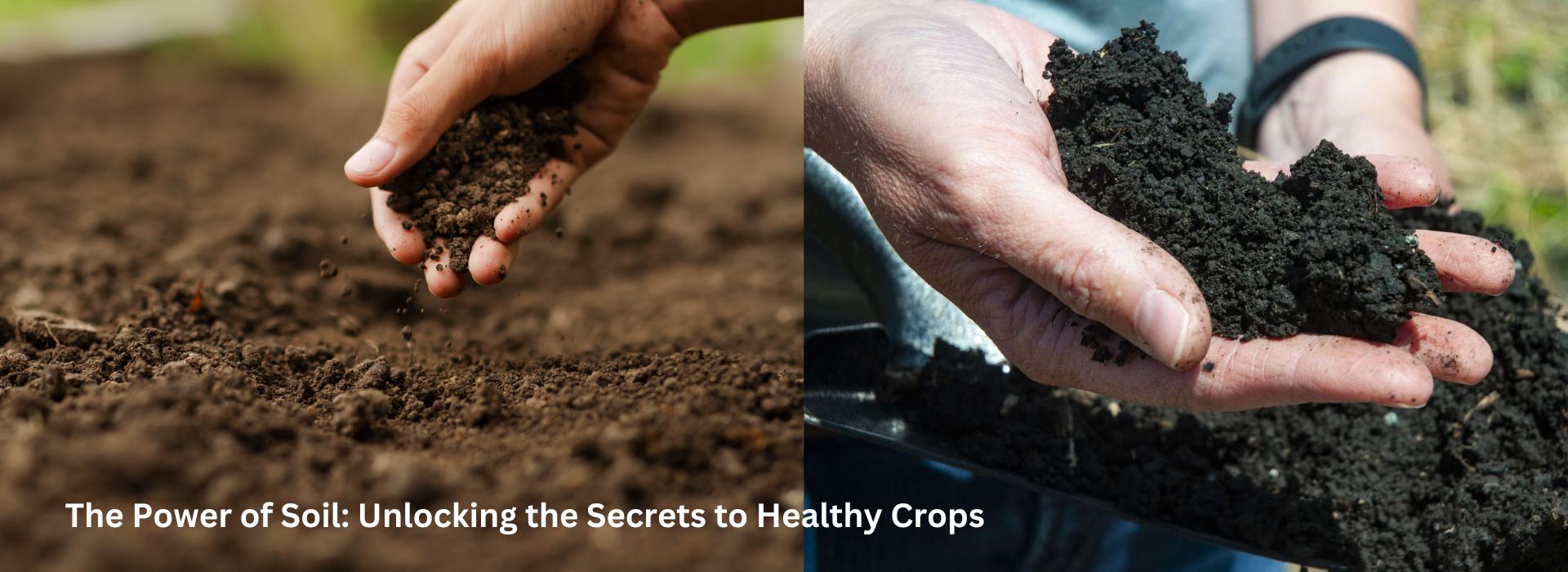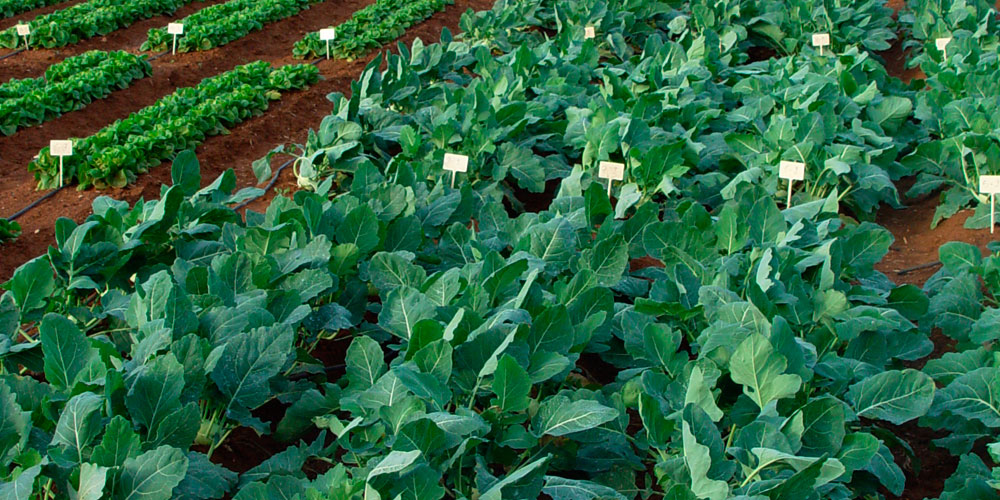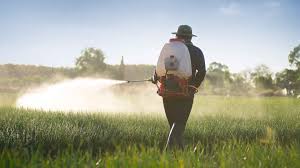Vermicomposting in India: How Earthworms Can Boost Soil Fertility
March 20, 2025Vermicomposting
in India: How Earthworms Can Boost Soil Fertility
Soil
health is the foundation of successful farming, and with increasing concerns
about soil degradation, chemical overuse, and declining fertility,
Indian farmers are turning to natural solutions to rejuvenate their
land. Vermicomposting, the process of using earthworms to decompose
organic waste into nutrient-rich compost, is emerging as a cost-effective
and eco-friendly way to improve soil quality and boost crop yields.
Vermicomposting
is affordable, sustainable, and easy to implement, making it an ideal
solution for small, marginal, and organic farmers across India. In this blog,
we explore what vermicomposting is, its benefits, how to start, and its
impact on Indian agriculture.
1.
What is Vermicomposting?
Vermicomposting
is a biological composting process where earthworms break down organic
waste—such as crop residues, vegetable scraps, and manure—into
nutrient-rich vermicast (worm castings). These castings act as a natural
fertilizer, enhancing soil structure, water retention, and microbial
activity.
Common
Earthworm Species Used in Vermicomposting:
🪱
Eisenia fetida (Red wigglers) – Most commonly used in India.
🪱
Eudrilus eugeniae (African nightcrawler) – Suitable for tropical
climates.
🪱
Perionyx excavatus (Indian blue worm) – Native to India and widely used.
These
worms consume organic material and excrete nutrient-dense compost that improves
soil fertility and plant growth.
2.
Benefits of Vermicomposting for Indian Farmers
🌱 Enhances
Soil Fertility:
- Vermicompost
is rich in nitrogen, phosphorus, potassium (NPK), and micronutrients,
essential for plant growth.
- Improves soil
aeration and structure, leading to better root penetration.
💧 Improves
Water Retention:
- Vermicompost
increases soil porosity, reducing water runoff and enhancing
moisture absorption—ideal for drought-prone areas.
⚡ Boosts Crop
Yield and Quality:
- Farmers
using vermicompost report higher yields and better-quality
produce due to improved soil health.
- Reduces the
need for chemical fertilizers, leading to organic and healthier
crops.
🦠 Enhances
Soil Microbial Activity:
- Earthworm
castings introduce beneficial microorganisms, improving soil
biodiversity and nutrient cycling.
🔄 Recycles
Farm Waste Efficiently:
- Converts crop
residues, manure, and kitchen waste into valuable compost, reducing
farm waste management costs.
💰 Cost-Effective
and Profitable:
- Reduces
dependence on expensive chemical fertilizers.
- Farmers can sell
vermicompost and earthworms, creating an additional income stream.
🌍 Eco-Friendly
and Sustainable:
- Reduces soil
degradation, pollution, and carbon footprint.
- Promotes organic
farming and regenerative agriculture.
3.
How to Start Vermicomposting: A Step-by-Step Guide
Step
1: Choose a Suitable Location
🔹 Select a shaded
and well-ventilated area to protect worms from direct sunlight and extreme
temperatures.
🔹
Can be done in pits, cement tanks, wooden crates, or plastic bins.
Step
2: Prepare the Vermicomposting Bed
🔹 Line the
bottom with dry leaves, coconut husks, or straw for drainage.
🔹
Add a layer of partially decomposed organic waste (cow dung, vegetable
scraps, farm waste).
🔹
Introduce earthworms into the composting bed.
Step
3: Maintain Proper Moisture and Temperature
🔹 Keep
moisture levels at 40-50% (use a spray bottle to add water if dry).
🔹
Maintain temperature between 20-30°C for optimal worm activity.
🔹
Avoid overwatering, as excess moisture can suffocate earthworms.
Step
4: Add Organic Waste Regularly
🔹 Feed worms chopped
vegetable peels, fruit scraps, farm waste, and cow dung.
🔹
Avoid citrus peels, onion, garlic, oily foods, and dairy products, as
they harm earthworms.
Step
5: Harvest the Vermicompost
🔹 After 45-60
days, dark, crumbly compost (vermicast) will be ready.
🔹
Separate worms manually or by light exposure (worms move downward,
allowing compost collection).
🔹
Store vermicompost in a cool, dry place for later use.
4.
Vermicompost vs. Chemical Fertilizers: A Comparison
|
Feature |
Vermicompost |
Chemical Fertilizers |
|
Nutrient
Content |
Balanced,
slow-release NPK |
High
but quick-release NPK |
|
Soil
Health |
Improves
structure & microbes |
Can
degrade soil over time |
|
Water
Retention |
Enhances
soil moisture |
Dries
out soil faster |
|
Environmental
Impact |
Eco-friendly |
Causes
pollution & runoff |
|
Cost |
Low-cost,
renewable |
Expensive
& recurring |
|
Crop
Yield |
Long-term
yield improvement |
Short-term
yield increase |
👨🌾
Conclusion: Vermicompost offers a more sustainable and long-term
solution for Indian farmers, reducing dependency on expensive fertilizers
while maintaining soil fertility.
5.
Government Support for Vermicomposting in India
The
Indian government promotes vermicomposting through subsidies and financial
assistance under various schemes:
✅ National
Mission for Sustainable Agriculture (NMSA) – Provides grants for organic
farming and composting units.
✅
Paramparagat Krishi Vikas Yojana (PKVY) – Supports organic farmers
by promoting vermicomposting.
✅
Rashtriya Krishi Vikas Yojana (RKVY) – Funds vermiculture projects
for soil health improvement.
✅
State Government Subsidies – Many Indian states provide 50-75%
subsidies on vermicompost units.
📌 Farmers
can apply for these benefits through local agricultural offices or online
government portals.
6.
The Growing Market for Vermicompost in India
With
the rise in organic farming, home gardening, and sustainable agriculture,
the demand for vermicompost is growing rapidly in India.
💰 Business
Opportunities:
- Sell
vermicompost to organic
farmers, nurseries, and gardeners.
- Supply
earthworms to new
vermicomposting startups.
- Start a
training center for farmers
to learn vermicomposting techniques.
👨🌾
Case Study: Many Indian farmers who adopted vermicomposting reduced
input costs by 30-40% and increased yield by 15-25%, making their farms
more profitable and sustainable.
7.
Conclusion: The Future of Vermicomposting in India
Vermicomposting
is a game-changer for Indian agriculture, helping farmers restore
soil health, increase crop yields, and reduce chemical dependence. It is an
affordable, eco-friendly, and sustainable solution that can benefit both
small-scale and large-scale farmers.
By
embracing vermicomposting, farmers can turn waste into wealth, improve their
livelihood, and contribute to a greener India.
📌 Are you
an Indian farmer? Start vermicomposting today and experience the benefits of
natural farming!
At krishibazaar.in, you
can find and buy various agricultural products. For agricultural guidance on
selecting the most suitable products for your crops, please contact or WhatsApp
at +917887880887






Guest reviews
No reviews found for this Blog